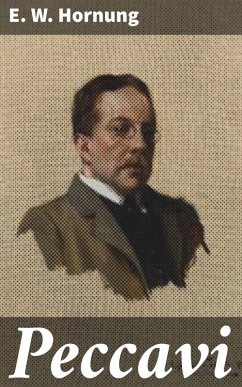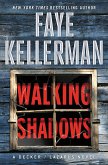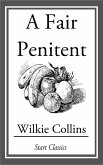In his compelling novella "Peccavi," E. W. Hornung deftly navigates the complexities of guilt, redemption, and the latent moral dilemmas embedded in human existence. Set against the textured backdrop of the late Victorian era, the narrative employs a rich, descriptive style that invites readers into the psyche of its protagonist. With its intricate portrayal of the psychological ramifications of personal failings, Hornung's work reflects the period's preoccupation with the duality of human nature'Äîa theme resonating with contemporary readers due to its timeless exploration of morality. E. W. Hornung, best known for his creation of the charming gentleman thief A.J. Raffles, brings to "Peccavi" a keen understanding of the interplay between crime and conscience, likely influenced by his own diverse experiences in literature and law. His personal background'Äîimmersed in the narratives of crime and punishment'Äîimbues his writing with authenticity, highlighting both the universal experiences of guilt and the specific cultural tensions of his time. "Peccavi" is a poignant and thought-provoking read that transcends its era, making it an essential literary journey for those interested in the exploration of ethical quandaries and psychological depth. For readers seeking a narrative rich in moral complexity and vivid character exploration, Hornung'Äôs work stands as a testament to the enduring power of literature to evoke introspection and understanding.
Dieser Download kann aus rechtlichen Gründen nur mit Rechnungsadresse in A, B, BG, CY, CZ, D, DK, EW, E, FIN, F, GR, H, IRL, I, LT, L, LR, M, NL, PL, P, R, S, SLO, SK ausgeliefert werden.









